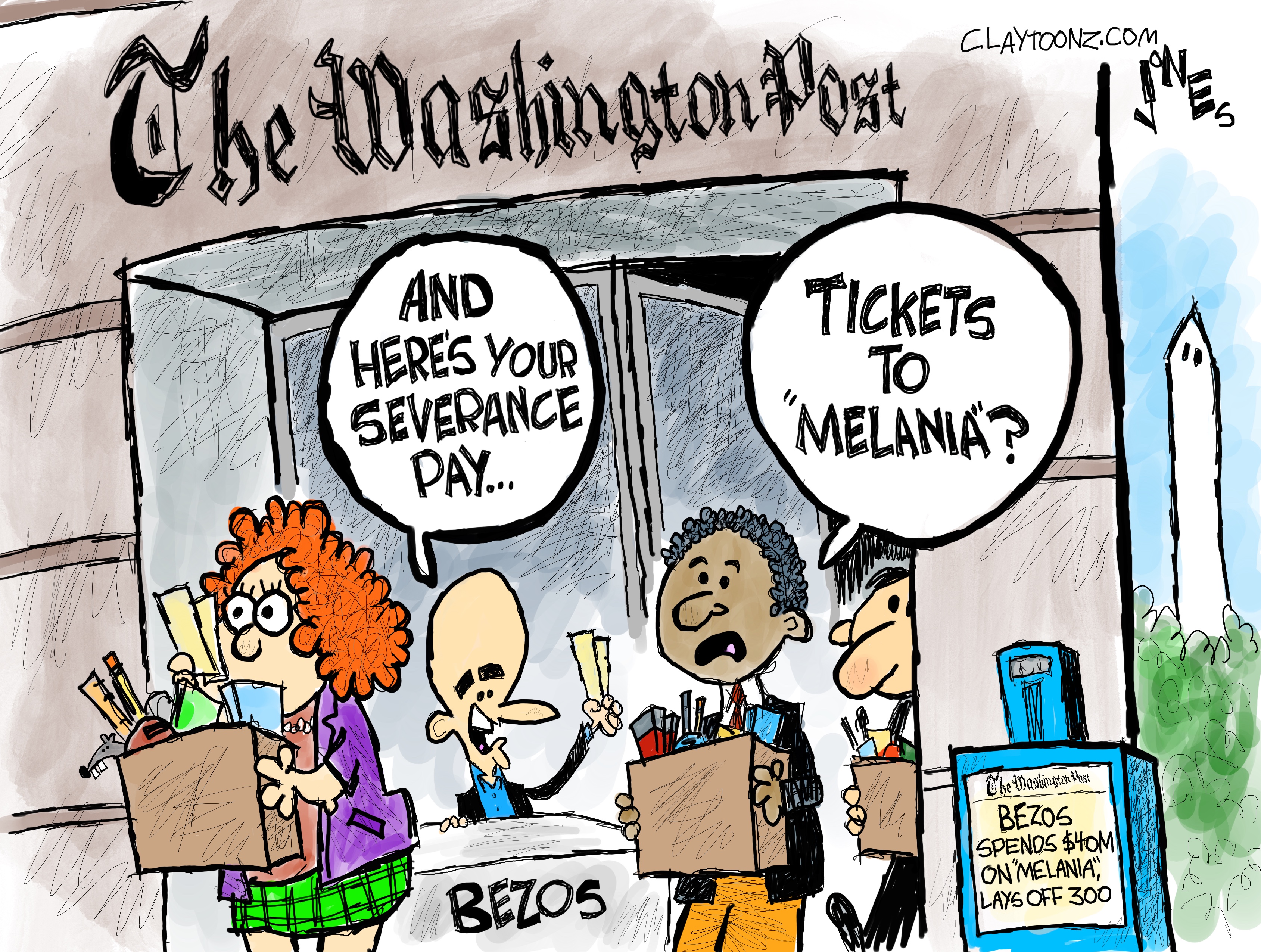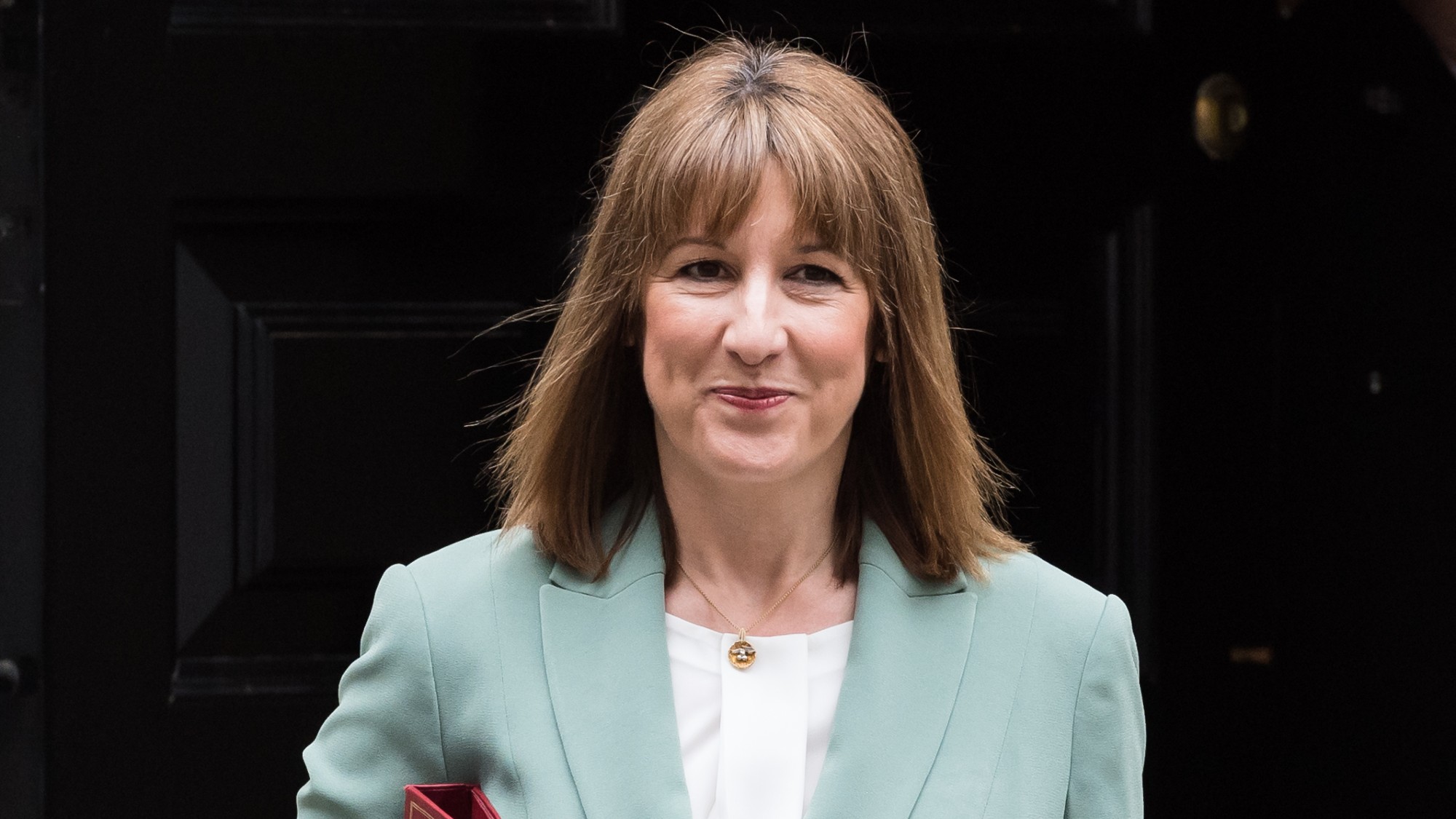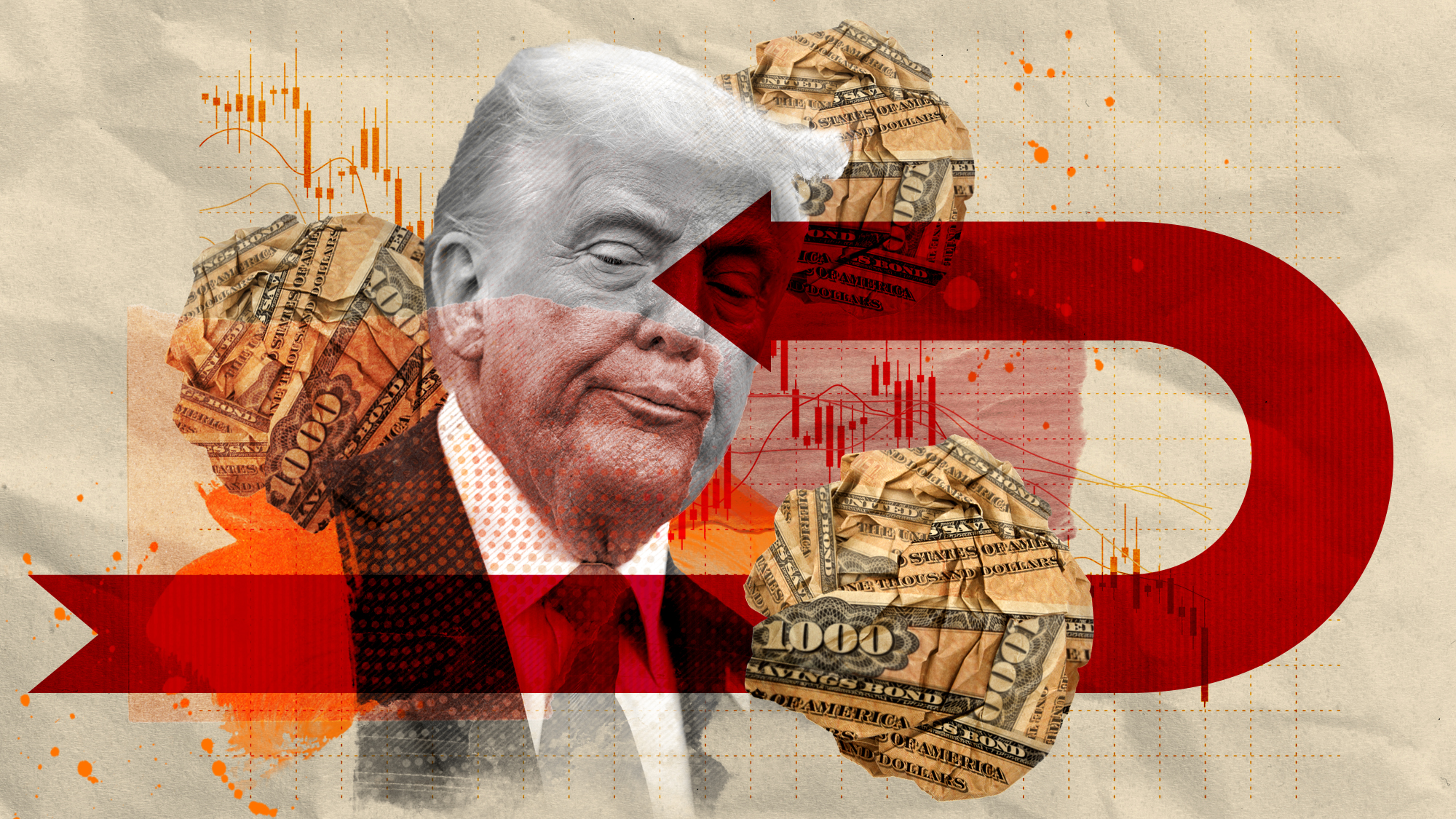UK economy ‘heading for worst year since financial crisis’
Economists downgrade GDP growth forecasts due to Brexit uncertainty and sluggish consumer purchasing power

A free daily email with the biggest news stories of the day – and the best features from TheWeek.com
You are now subscribed
Your newsletter sign-up was successful
The UK economy is on course for its worst year of growth since the 2008-09 financial crisis, economic forecasters have warned.
The EY Item Club, the only non-government organisation to use the Treasury’s forecasting model, has slashed its prediction for GDP growth for this year to 1.3% and 1.5% for 2019, down from 1.4% and 1.6% respectively in its previous outlook three months ago, the BBC reports. This would make 2018 the British economy's worst year for almost a decade.
The report comes soon after “official figures revealed zero growth in GDP in August”, The Guardian notes, after a combination of corresponding factors drove growth forecasts down.
The Week
Escape your echo chamber. Get the facts behind the news, plus analysis from multiple perspectives.

Sign up for The Week's Free Newsletters
From our morning news briefing to a weekly Good News Newsletter, get the best of The Week delivered directly to your inbox.
From our morning news briefing to a weekly Good News Newsletter, get the best of The Week delivered directly to your inbox.
The organisation claimed that a mixture of uncertainty over Brexit and an inflationary squeeze on household incomes would likely be the driving force behind the predicted slowdown in the final quarter of 2018, while faltering consumer purchasing power and a loss of economic and trade momentum in the eurozone may exacerbate the slide.
Howard Archer, chief economic advisor to the EY Item Club, added that the organisation’s forecast was based on the assumption that the UK and EU would ultimately reach a transition agreement on Brexit, and does not take into account the possibility of a “no-deal” Brexit.
Archer suggests that an agreement between the UK and EU “will help limit the shock to businesses and the economy”, but added that “heightened uncertainties in the run-up to and the aftermath of the UK's exit could fuel business and consumer caution”.
He said: “This is a significant factor leading us to trim our GDP forecasts for 2018 and 2019.
A free daily email with the biggest news stories of the day – and the best features from TheWeek.com
“Should the UK leave the EU in March 2019 without any deal, the near-term growth outlook could be significantly weaker.”
Earlier this year the EY Item Club predicted that the UK would see two interest rate rises this year and two more in 2019.
However, following the Bank of England’s decision in August to raise rates from 0.5% to 0.75%, “the forecaster said it did not now expect another increase until August next year, with two more rate rises likely in 2020,” The BBC said.
EY chief economist Mark Gregory said: “The UK economy is going to experience a period of low economic growth for at least the next three years and businesses need to recognise this and adjust accordingly.
“They should also consider a sharp downside to the economy in the event of a no-deal Brexit and make preparations for such a scenario.
“Even if the Brexit process goes smoothly, the cyclical risks to the UK economy mean this would still be a worthwhile exercise. Now is the time to start to think about the future shape of any UK business after 2020.”
-
 Nan Goldin: The Ballad of Sexual Dependency – an ‘engrossing’ exhibition
Nan Goldin: The Ballad of Sexual Dependency – an ‘engrossing’ exhibitionThe Week Recommends All 126 images from the American photographer’s ‘influential’ photobook have come to the UK for the first time
-
 American Psycho: a ‘hypnotic’ adaptation of the Bret Easton Ellis classic
American Psycho: a ‘hypnotic’ adaptation of the Bret Easton Ellis classicThe Week Recommends Rupert Goold’s musical has ‘demonic razzle dazzle’ in spades
-
 Political cartoons for February 6
Political cartoons for February 6Cartoons Friday’s political cartoons include Washington Post layoffs, no surprises, and more
-
 US mints final penny after 232-year run
US mints final penny after 232-year runSpeed Read Production of the one-cent coin has ended
-
 Is Rachel Reeves going soft on non-doms?
Is Rachel Reeves going soft on non-doms?Today's Big Question Chancellor is reportedly considering reversing controversial 40% inheritance tax on global assets of non-doms, after allegations of 'exodus' of rich people
-
 Pocket change: The demise of the penny
Pocket change: The demise of the pennyFeature The penny is being phased out as the Treasury plans to halt production by 2026
-
 How the US bond market works – and why it matters
How the US bond market works – and why it mattersThe Explainer Donald Trump was forced to U-turn on tariffs after being 'spooked' by rise in Treasury yields
-
 US Treasuries were a safe haven for investors. What changed?
US Treasuries were a safe haven for investors. What changed?Today's Big Question Doubts about America's fiscal competence after 'Liberation Day'
-
 Can the UK avoid the Trump tariff bombshell?
Can the UK avoid the Trump tariff bombshell?Today's Big Question President says UK is 'way out of line' but it may still escape worst of US trade levies
-
 Five years on, can Labour's reset fix Brexit?
Five years on, can Labour's reset fix Brexit?Today's Big Question Keir Starmer's revised deal could end up a 'messy' compromise that 'fails to satisfy anyone'
-
 Will Rachel Reeves have to raise taxes again?
Will Rachel Reeves have to raise taxes again?Today's Big Question Rising gilt yields and higher debt interest sound warning that Chancellor may miss her Budget borrowing targets